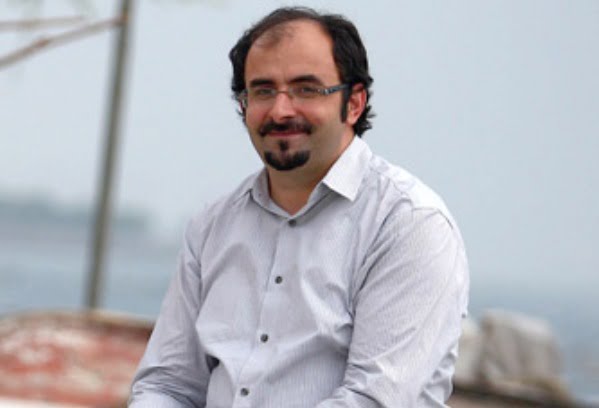Is this corruption scandal backed by the US?

Date posted: December 25, 2013
EMRE USLU
A major corruption scandal, one in which four ministers face allegations of bribery and wrongdoing, and state bank Halkbank is accused of links to suspicious money transactions and gold smuggling to Iran, has shaken the government.
The government has developed a two-stage strategy in order to manage this scandal. The first stage was to blame foreign powers. The second stage was to declare the Gülen community as the representative of these foreign powers in the country and thereby put the blame on the Gülen community.
The Justice and Development Party (AKP) is pretending as if millions of dollars stuffed into shoe boxes and safe boxes were not found in the houses of ministers’ sons by the police and that the ministers did not help an illegal organization launder black money. This is, of course, another strategy. When the ministers of a ruling party which claims to combat corruption are linked to allegations of bribery, they have to find scapegoats to put all the blame on them.
Now, they are developing a new argument. Yes, they obtained unfair gain, but it was not the money of this nation. It was Iran’s money. The government implicitly disseminated this claim. The AKP supporters in the remotest parts of Anatolia who are unable to explain the bribery allegations try to legitimize the bribery by saying, “This is not the nation’s money, it is Iran’s money.”
The government’s strategy that we need to contemplate on is its claims that this operation is backed by foreign forces. This is because this argument was reportedly developed and served to the media by Prime Minister Recep Tayyip Erdoğan’s close circles with his knowledge.
According to rumors in the political circles in Ankara, on the day when the investigation into a bribery and fraud ring was launched, Erdoğan held a meeting with pro-government journalists in Ankara. As you may remember, this meeting was covered by the newspapers. Mustafa Karaalioğlu and Yusuf Ziya Cömert from the Star daily, Serhat Albayrak and Ergün Diler from the Sabah daily, İbrahim Karagül from the Yeni Şafak daily, Hasan Karakaya from the Akit daily, Nuh Albayrak from the Türkiye daily and Ahmet Taşgetiren, who recently resigned from the Bugün daily, were reportedly among the journalist who participated in the meeting.
The argument saying that the corruption scandal is backed by foreign powers was claimed to have been shared with the media at this meeting. In accordance with a decision made at this meeting, a news report arguing that US Ambassador to Turkey Francis Ricciardone had told EU ambassadors in Ankara in a so-called meeting on Dec. 17, the day the graft probe began, that the US had asked Turkey to cut Halkbank’s financial ties with Iran was published in order to make AKP supporters rally behind the government.
In fact, all pro-government media organizations parroted this fabricated news. There would not be any problem if the media organizations covered the same true story because everyone can reach a true story. A true story cannot be regarded as a media operation, even if it is served to the media. This is because it is true, and it does not matter whether one or 10 newspapers published it on the same day.
However, when fabricated news is published by pro-government newspapers on the same day, then this can be considered a media operation.
In 1998, the military fabricated similar news and targeted certain journalists. At that time, the pro-military media blacklisted some journalists based on the forged testimony of Şemdin Sakık, a prominent Kurdistan Workers’ Party (PKK) leader who was apprehended at that time. These reports were later proved false.
Ironically, while pro-Ergenekon media organization published similar news, the government told Western countries that the source of anti-Western attitudes in Turkey was neo-nationalist, pro-Ergenekon groups. Pro-government media are now doing the same with fabricated news.
It is even more unusual that, while the government accuses Western diplomats, particularly the US, via pro-government media organizations of backing the corruption investigation, it exhibits a hypocritical attitude, telling US media not to pay attention to the news.
Their attitude reminds us of former Iraqi leader Saddam Hussein’s information minister, who was saying that Iraq was winning the war, while US tanks were passing by in the background.
It is true that diplomacy requires flexibility, but at least a minimum level of consistency is also required.
Source: Today's Zaman , December 25, 2013
Tags: Defamation of Hizmet | Hizmet and media | Turkey |
























